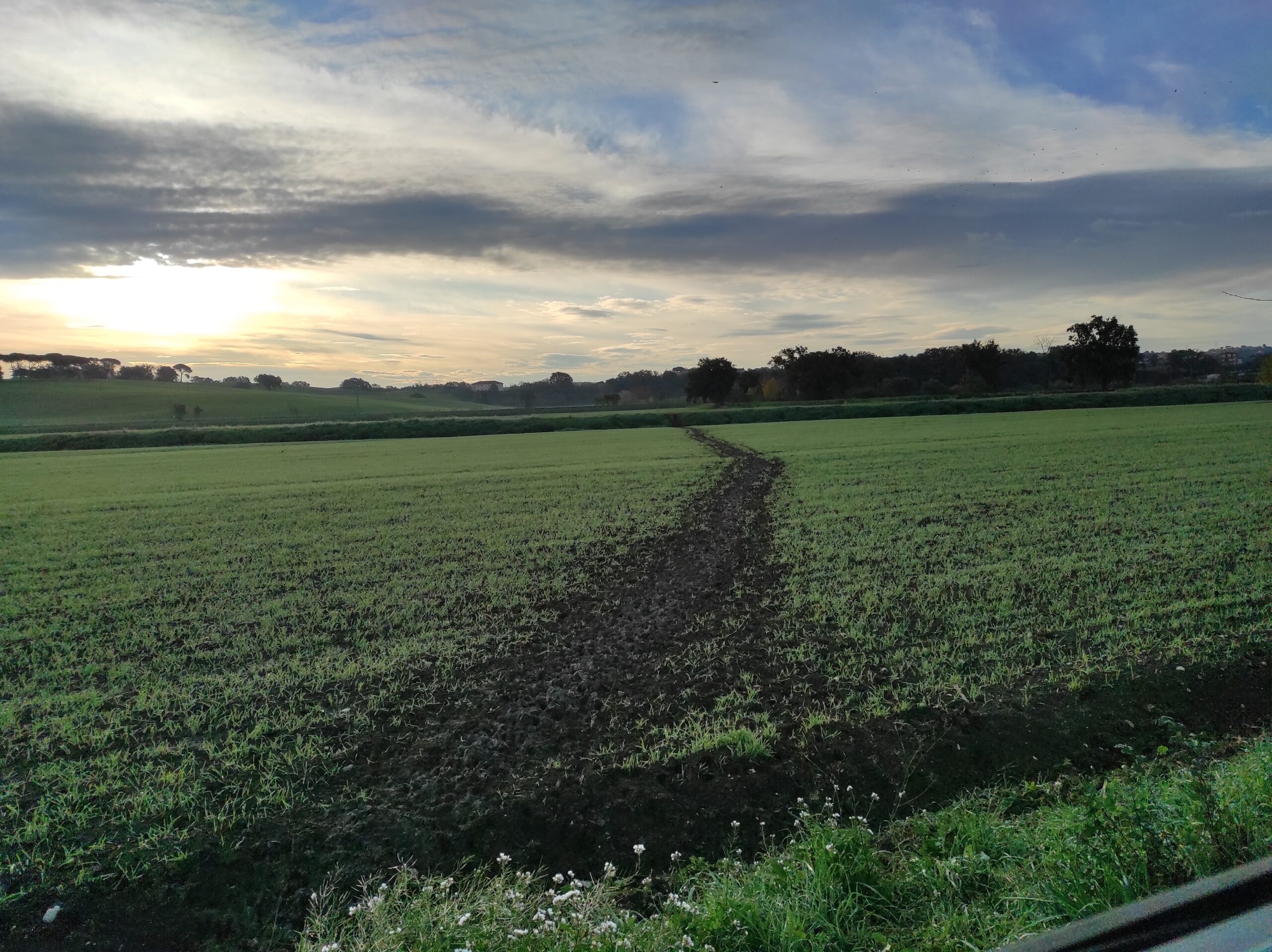
Abstract of the project
"The wild boar population is growing continuously in most territories. Population growth can be due to many factors including climate change, agricultural techniques and the increase in human pressure in rural areas. It was therefore born the need to find effective solutions capable of reducing the possibility that wandering and/or sick boars can frequent urban areas or areas used for productive activities with consequent repercussions in the social, health and urban spheres.
This project seeks to identify, through the use of remote sensing data and field/laboratory analytical data, the elements that could be useful in the management and limitation of negative impacts related to ungulates. The management of the wild boar therefore represents, for the local administrations, a problem as complex as it is stimulating for both ecological and socio-economic aspects. The present project therefore aims at a series of actions to improve both the monitoring of ungulates and the assessment of any risks they may represent for humans or animals ("active surveillance")".

The environmental risks will be assessed using techniques with zero environmental impact and radio telemetry, as well as animal prophylaxis for the early identification of health risks for citizens and for production activities of the zootechnical type, thus intertwining with the technological trajectory "Techniques, products and devices for the analysis and assessment of hydrogeological risk and other environmental risks”. The SOS project is also linked to another technological trajectory: "Early warning systems and emergency management linked to environmental risks".
The SOS project envisages the use of simulations with models, in particular to analyze data on populations and zooprophylactics and predict peak risks for human health, production activities and ecosystems. The data will be collected with monitoring techniques, selected on the basis of the environment and their greater applicability, both direct (counting along the transect, from an observation point, during a hunt, from an aircraft, with camera traps, with a radio collar) and indirect (analysis of hunting bags, counting of footprints, genetic analysis of excrements) at various sites.
In this context, the output of the SOS project will be a DSS (Decision Support System) for policy makers and risk managers, who will have an efficient decision support system to predict the areas most at risk and direct prevention efforts.
In detail, the articulation of the project is divided into the following Work Packages (WP):
Wp1 Analysis of the context and analysis of the needs, co-planning, coordination and management (WP Manager: CNR-IIA)
Wp2 Monitoring and georeferencing (WP manager: Heisenberg srl)
Wp3 Veterinary diagnostics (WP manager: “Barone GR Macrì” srl farm)
Wp4 Sterilization and relocation techniques (WP manager: CNR-IIA)
Wp5 Enhancement of the “Boar of Calabria” supply chain (WP Manager: CNR-IIA)
Wp6 Communication, dissemination and public demonstration of the developed prototype solutions (WP Manager: Azienda Agricola “Barone GR Macrì” srl)"
➢ Reduction of the wild boar population within the territory, with the further, consequent purpose of reducing the "damage" indemnity charges relating to the current excessive load of the ungulate ➢ Introduction of techniques for controlling the growth of wild populations.
➢ Census of wild boar population.
➢ Implementation of containment methods (non-bloody methods of capture and transfer to structures suitable for the reception of these species, duly registered with the competent bodies).
➢ Action to prevent any zoonoses.
➢ Specific studies that clarify the extent of the impact on rare zoocenoses and phytocenoses or on endemisms and relict forms living in the territory (bio-indicators).
➢ Enhancement of derived supply chains: strategy that transforms the problem of wild boars into a resource, a food resource in controlled and certified supply chains, etc.) through the creation of the "Certified meat and derivatives supply chain "Canghiale di Calabria"
Heisenberg Srl
CNR-IIA
Francesco Petracchini
Alessandro Mei
Daniel Bianconi
Julian Fontinovo
Christian Bassani
Silvia Moscow
Alfonso Valerio Boy
Patrick Tratzi
Catia Balducci
Simon Berti
Serena Santoro
Monica Palozzo
